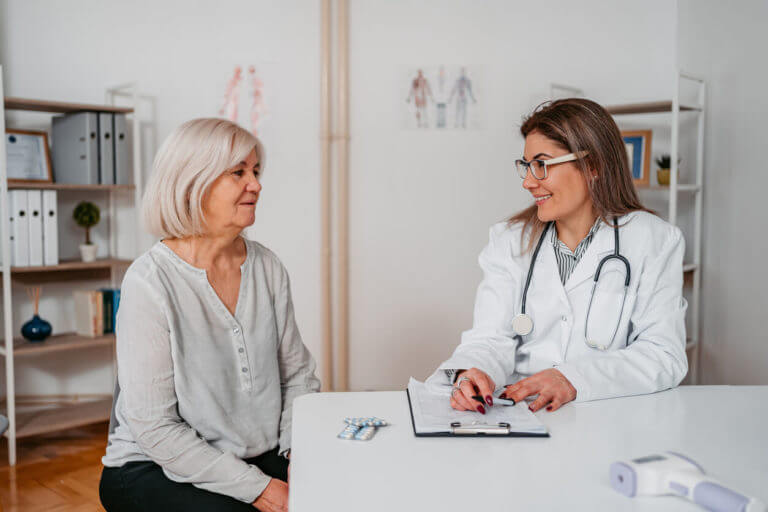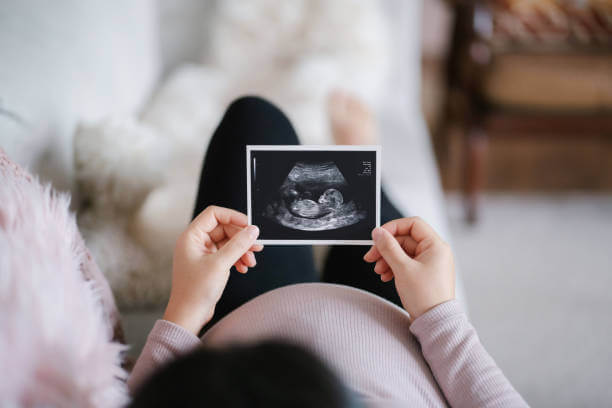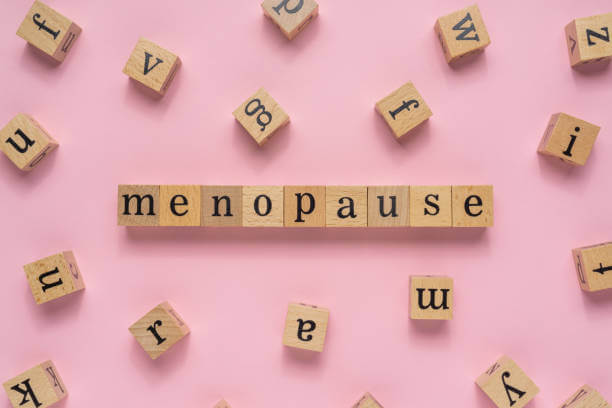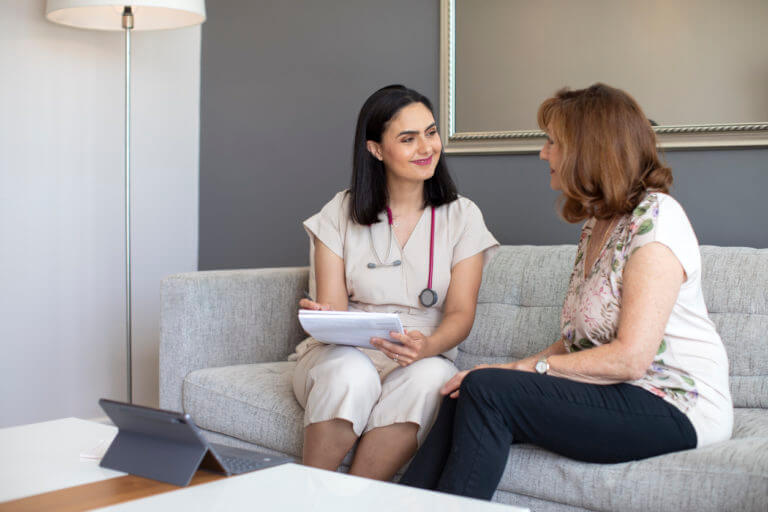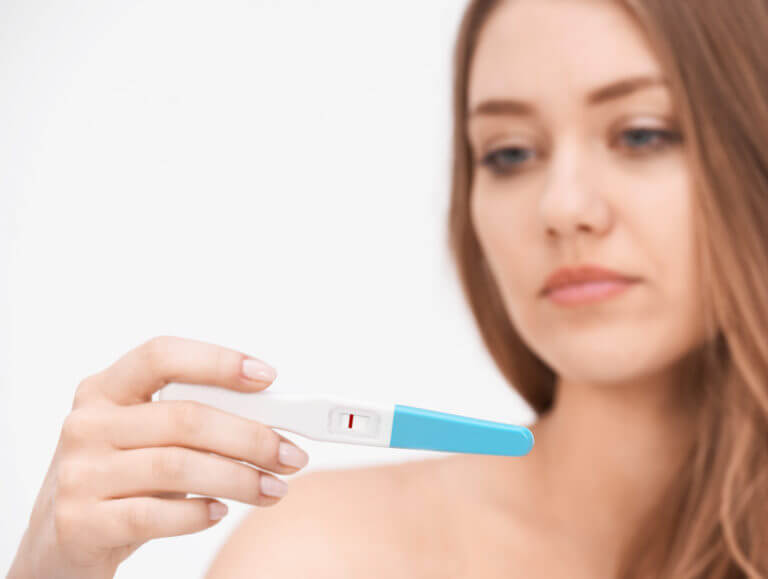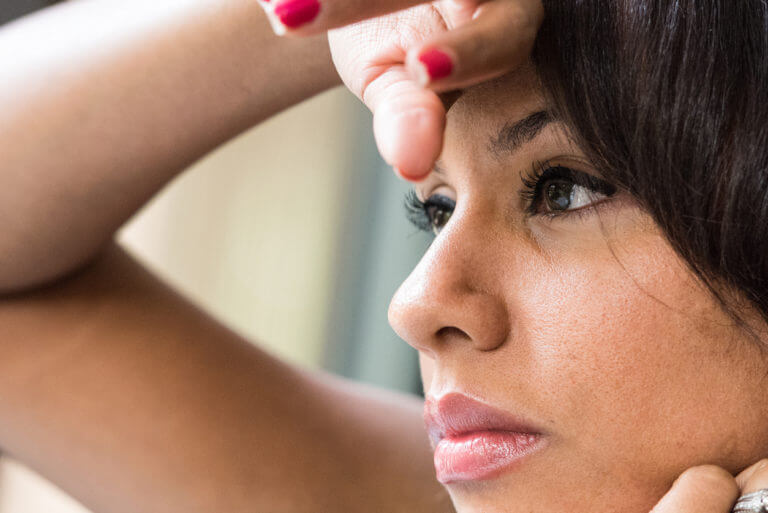Many women often wonder why regular visits to a women’s health doctor are so important. You might think that if you feel fine, there is no need to see a women’s health doctor, but annual check-ups can be crucial for maintaining your health throughout life. Let us explore why these visits are essential and what
Read MoreMenopause
5 Best Recommended Methods for Pregnancy Fertility
If you think you are ready to start a family, it is natural that the first thing you want to know is how to get pregnant. Several myths exist about increasing your chances of conceiving. What do qualified reproductive health physicians say on the matter? Let’s talk about the five best-recommended methods that can help
Read MoreDO I NEED TO SEE A GYNECOLOGIST AFTER MENOPAUSE?
A common misconception that many people have is that gynecological care is only needed for women of child-bearing age. After all, gynecological care is very much focused on reproductive health, so once that phase of a woman’s life is over, why see a gynecologist? Nothing could be farther from the truth. Gynecological care is necessary
Read MoreWomen’s Health Doctor Discusses Health Issues Specific to Women
Men and women do have a lot in common, but there are also marked differences between them. Women, for example, face their own unique health challenges, such as risks for pregnancy issues, menopause complications, and breast and gynecological disorders. In an effort to provide our patients with useful information to guide them along the path
Read MoreWhat Is Pelvic Organ Prolapse
A urogynecologist is a doctor with special training in disorders that affect the pelvic floors or bladder of women. What that means is these specialists help women who have had a pelvic floor collapse, which occurs sometimes after childbirth or due to other causes such as genetics and age. The affected structures are usually the
Read MoreMenopause: What to Expect
The cessation of a woman’s monthly menstrual cycle marks the end of their reproductive years and the onset of menopause. This typically starts in a woman’s late 30s or 40s, and the first phase is called perimenopause, meaning “around menopause.” This first phase of menopause is marked by erratic periods and possibly heavier-than-normal bleeding, which
Read MoreManaging My Menopause
Menopause occurs after a woman doesn’t menstruate for a period of 12 months. Menopause generally occurs between the ages of 45 and 55 in most women, and the menopausal transition can last for several years. During this transition, hormones in the body fluctuate, bone density decreases, and weight changes occur. Managing Symptoms Many symptoms are
Read MoreIs Age a Factor in Fertility?
How old is too old to conceive and give birth to a healthy baby? Age is certainly a factor that affects a woman’s fertility – less so for a man, although it does matter for some. Women are born with all the eggs they will have throughout their lifetime – approximately 1 to 2 million
Read MoreAre Bio-Identical Hormones Changing the Landscape of HRT?
For some, the idea of Hormone Replacement Therapy sounds like the plot of a new science-fiction movie; and this controversial option is not without its critics. However, many menopausal women find that this form of treatment alleviates the insufferable symptoms of an inevitable life passage they’re forced to face. Menopause is an eventuality that all
Read MoreA “Change” of Pace: Signs You May Be Going Through Pre-Menopause
She said, “But I’m only 49!” as she wiped her brow. Have you ever heard a friend utter a criticism like this in reference to early symptoms of menopause? They may actually be going through the stage known as Peri-menopause, or pre-menopause – which occurs during the time leading up to “the change”. Widely unpredictable,
Read More
